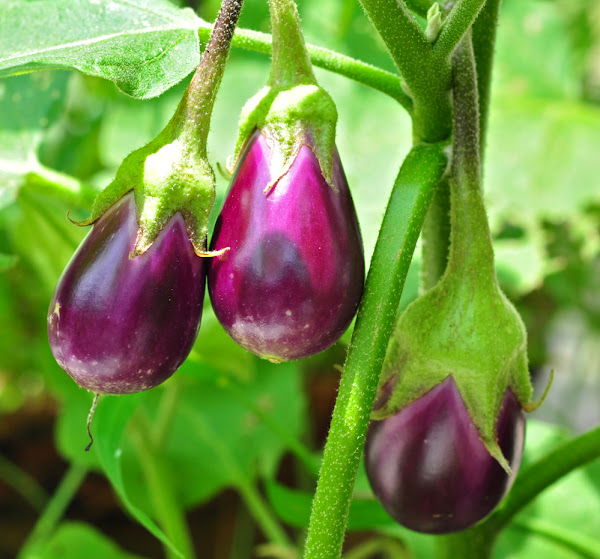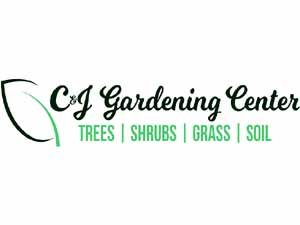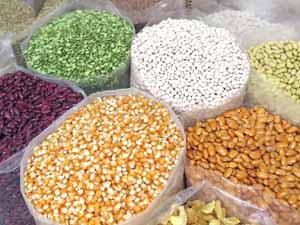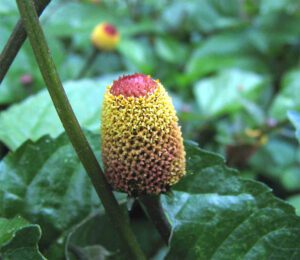If you live in the areas with long and warm summer, then you can try growing eggplant in your home garden.
Eggplant (Solanum melongena) is one of the most common and popular vegetables that you can grow in your home garden.
It is also known by some other names such as Aubergine, Brinjal, Guinea Squash, Mad Apple etc.
Growing eggplants in the cooler regions can be difficult, because the plants are very sensitive to cold.
Eggplant actually grows well in warm weather and is generally harvested in mid to late summer.
How to Grow Eggplant Organically in Home Garden
Nothing is better than homegrown organic vegetables. Taste and flavor of the eggplant will be much better if you grow organically in your home garden. However, here we are describing all about growing eggplant organically in the home garden.
Select a Variety
First of all, you have to chose a variety for growing in your home garden. There are numerous eggplant varieties available throughout the world.
And all these varieties differ in size, shape, growth habit, color and even maturation time. You have to choose a variety that grows well in your area.
Some common and popular eggplant varieties are Black Beauty, Ichiban, Easter Egg, Little Fingers, Japanese, Novelty etc.
Purchase Seeds
Eggplant seeds are available in almost everywhere around the world. You can easily find and purchase seeds from any of your nearest seed supply stores.

Best Time for Growing Eggplant
As we have mentioned above ‘eggplant grows well during the warmer months’.
If you want to grow eggplant in the northern cooler regions, consider starting the seeds indoors about 6 weeks before the last spring frost and then transplant the seedlings when there are no dangers of frosts.
While in the southern regions with tropical or sub-tropical climates ‘you can grow eggplant throughout the summer’.
Preparing the Soil for Growing Eggplant
Eggplant grows very well in sandy or sandy-loamy soil with well drainage system and lots of organic materials it it.
The pH level for growing eggplant should be between 6.3 and 6.8.
Apply adequate amount of well-rotted aged manure or homemade compost while preparing the soil for growing eggplant.
Planting
You can either plant seeds directly in the soil or transplant seedlings for growing eggplant.
Plant the seeds 5-6 weeks prior to planting in the garden or when the seedlings are 3 to 4 inches tall.
Plant the seedlings in a row, 24-30 inches apart in well prepared beds. And the rows need to be at least 30 inches apart.
Caring
After planting the seedlings, eggplants require additional caring for better growth and good yield. Here are the steps for caring eggplant.
Feeding/Fertilizing
You will need to fertilize your eggplant on a regular basis for better growth of the plants. Fertilize the seedlings immediately after transplanting.
Also side-dress the plants with organic fertilizer when the plants are growing.
Watering
As the eggplant grows in the summer months, so you will need to water the plants frequently and ensure the soil stays somewhat moist.
Don’t let the plants dry out, otherwise you will not get better yield. Also water the plants well immediately after transplanting.
Mulching
Mulching is not only required for retaining moisture in the soil, but also helps to prevent most of the weeds. You can use grass cuttings, dry leaves or straw for this purpose.
Provide Supports
Some eggplant varieties become very long and they require supports for growing. So you will need to stake the plants for providing support.

Controlling Weeds
Weeds can create some problems while growing eggplant. Weeds will take most of the nutrients from the soil.
So controlling weeds is important. You can use a hoe for controlling weeds. Don’t use any type of spray or chemicals for controlling weeds.
Pests and Diseases
Eggplants are susceptible to some pests and diseases. Flea beetles are probably the most common pests for eggplant.
They will make small holes in the leaves which will weakens the young plants seriously. But in most cases, the healthy plants should be able to withstand damage from their tiny holes.
Verticillium wilt and powdery mildew can affect eggplant, and sometimes tomato hornworms can affect them. You should apply organic methods for controlling these pests and diseases.
Harvesting
Eggplant is not actually that type of quick growing vegetable. They will take longer for growing and producing fruits.
You can expect to harvest 16-24 weeks after sowing seeds. Harvest the eggplant when they reached your desired size, and don’t wait too long.
Do not pull the fruit while harvesting, cut the fruit with a sharp knife or pruning shears instead. Cut close to the stem, leaving about an inch of it attached.
Growing eggplant organically in your home garden will be easy if you follow the steps mentioned above. Hope you have enjoyed this guide! Happy gardening 🙂






